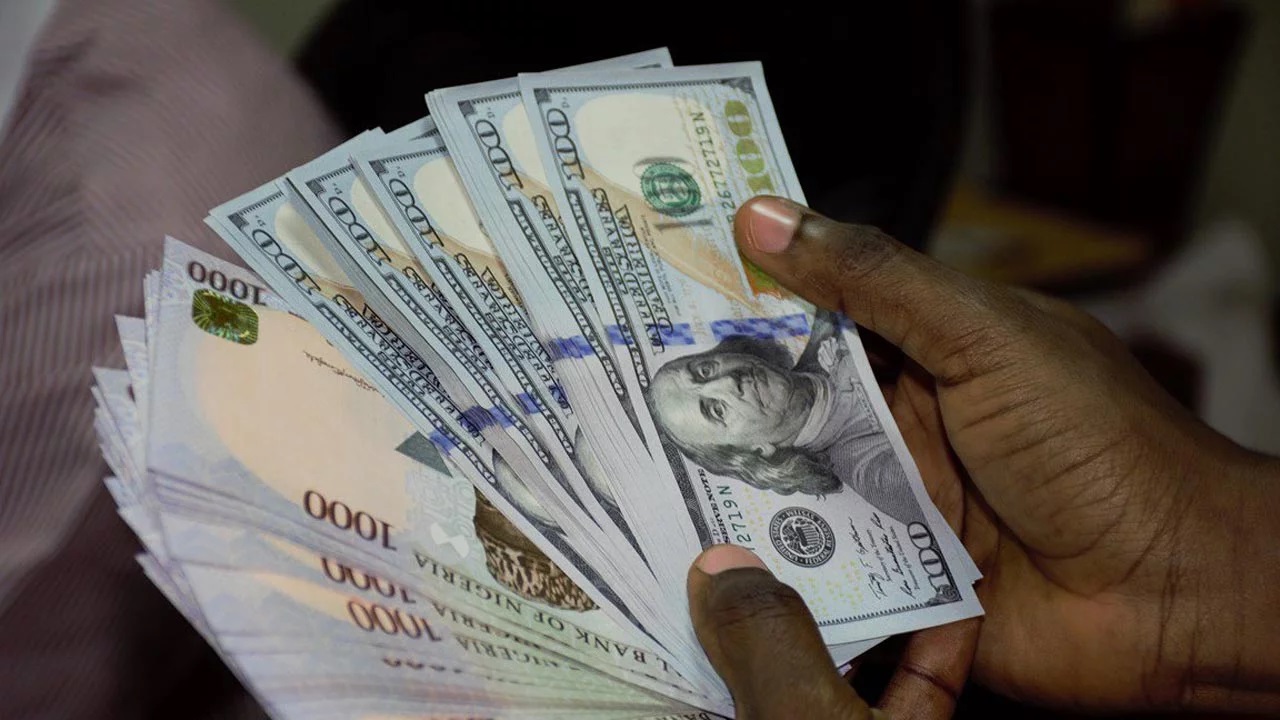The Nigerian currency, the naira, suffered a sharp decline against the US dollar on Friday, closing at N803.90 at the investors and exporters’ (I&E) window.
This represents a 7.72 per cent drop from N746.28, which it traded at on Thursday.
According to data from the FMDQ Securities Exchange, the naira opened at N763.36 to one dollar on Friday and reached a high of N829 during the day’s trading before settling at N803.90.
The naira also weakened at the parallel market, where it exchanged for N850 to one dollar, compared with N840 on Thursday.
The depreciation of the naira was attributed to the persistent scarcity of foreign exchange in the country, as demand continues to outstrip supply.
The Central Bank of Nigeria (CBN) has been intervening in the forex market to support the naira and ease the pressure on the external reserves.
On Friday, the CBN injected $210 million into the interbank segment of the forex market, allocating $100 million to the wholesale sector, $55 million to the small and medium enterprises sector and $55 million to the invisibles sector.
However, this was not enough to meet the demand of forex users, especially importers and investors who rely on the I&E window for their transactions.
The I&E window recorded a low turnover of $46.90 million on Friday, down by 62.5 per cent from $125.13 million on Thursday.
The naira has been under pressure since last year due to the impact of the COVID-19 pandemic on oil prices and Nigeria’s foreign exchange earnings.
The CBN has devalued the naira three times since March 2020, from N306 to N360, then to N380 and finally to N410.25 in May 2021.
The acting CBN governor said that the bank will adopt a flexible exchange rate regime that will reflect market realities and ensure stability in the forex market.
He also said that the bank will continue to monitor developments in the forex market and intervene as necessary to maintain stability and liquidity.

